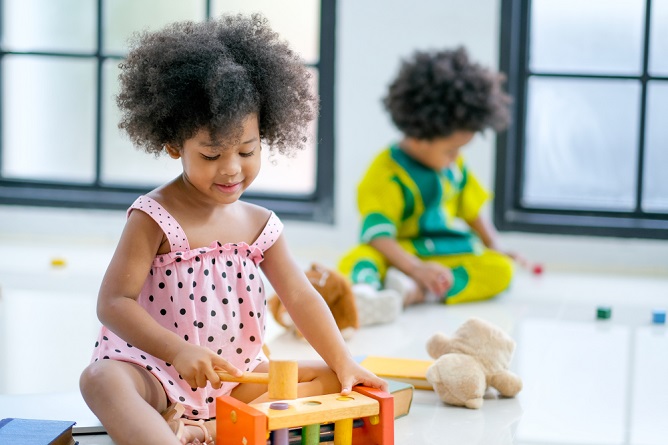
In early childhood, emotional development lays the foundation for building meaningful relationships, learning resilience, and fostering self-confidence. A nurturing environment—whether at a preschool in Brooklyn, New York, or through a quality childcare program—plays a vital role in helping children understand and express their feelings.
- Encouraging Self-Expression
Allowing children to articulate their feelings is fundamental for emotional growth. Activities like storytelling, role-play, and open conversation teach children to identify emotions and feel comfortable expressing them. In a supportive environment, like a daycare in New York, these activities help children gain emotional vocabulary, making it easier for them to communicate feelings effectively.
- Building Empathy Through Play
Empathy doesn’t just develop on its own—it’s nurtured through interactions and experiences. Guided play activities, where children take turns or care for imaginary friends, help instill empathy. .
- Teaching Problem-Solving Skills
Helping children manage frustrations early encourages resilience. By guiding them through simple conflicts or frustrations, such as sharing toys or waiting in line, caregivers can teach problem-solving skills essential for social interactions. A preschool often provides these learning moments daily, giving children valuable tools for self-regulation and patience.
- Creating a Safe Space for Emotions
For emotional development, children need to feel safe expressing a range of emotions, from happiness to frustration. Child development vocabulary, like “emotional regulation” and “self-expression,” helps children understand and label their feelings, supporting growth in this area. A comforting environment, like a dedicated daycare, helps children feel secure enough to explore and share their feelings without judgment, reinforcing their emotional well-being.
To learn more about our comprehensive childcare program and how it fosters emotional growth, contact Petits Poussins Dumbo today.



